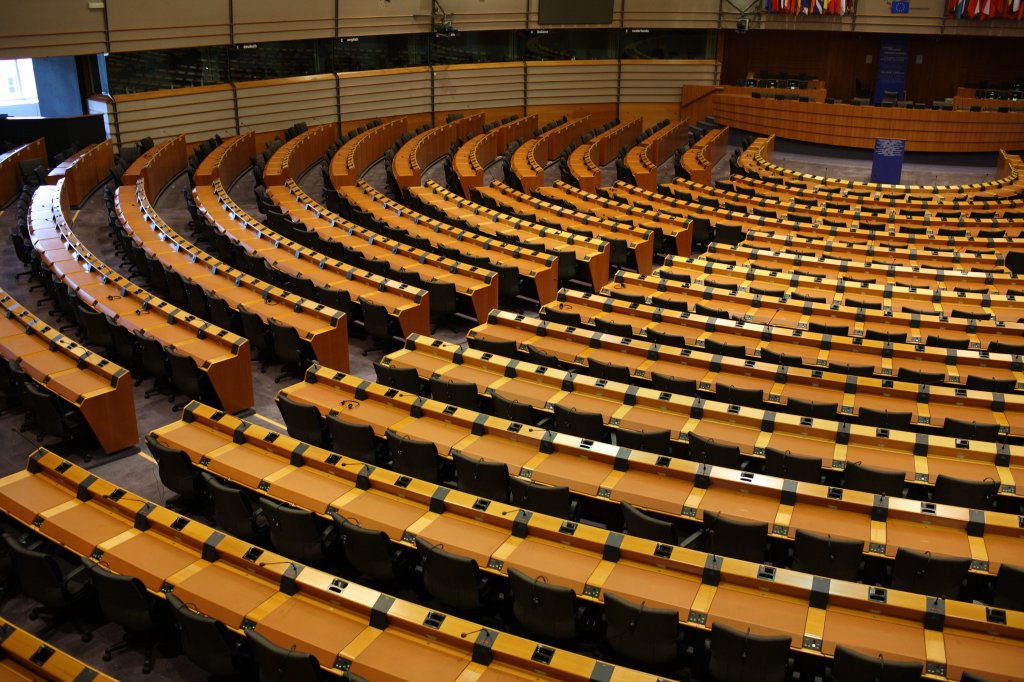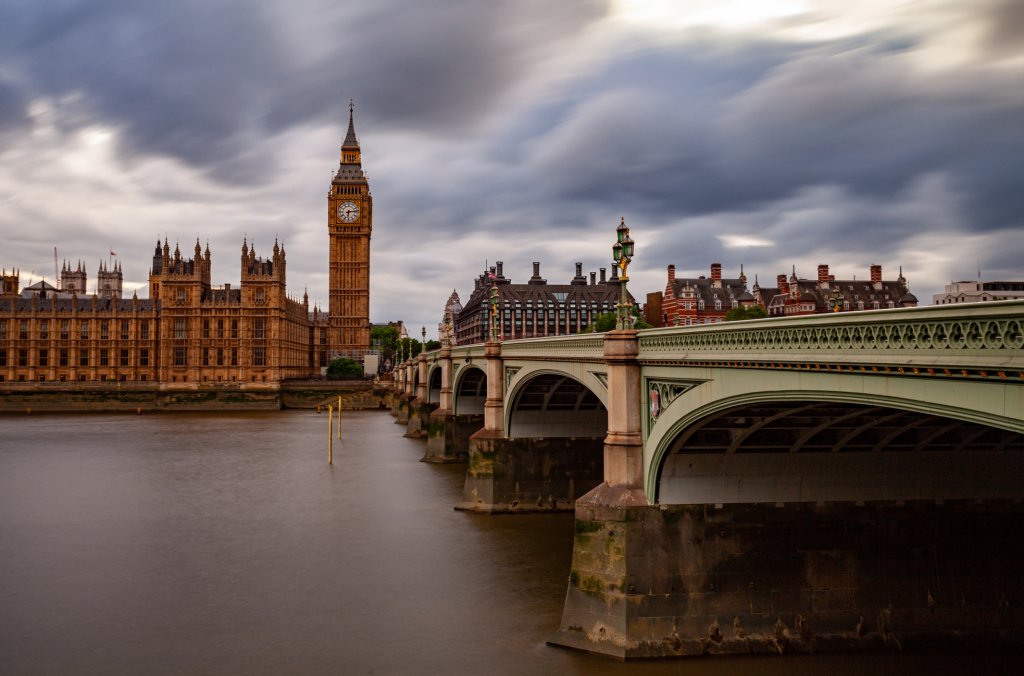Power is where power goes. Over the past few weeks, British politics has borne out Lyndon Johnson’s famous maxim. With the arrival of a new Prime Minister and the succession of a new monarch, power and influence have shifted dramatically from old orders to new ones. But as the markets give their verdict on the Chancellor’s fiscal plan, there may be one further transfer of power in the offing – at of all places, the Labour party conference.
WITH THE ARRIVAL OF A NEW PRIME MINISTER AND THE SUCCESSION OF A NEW MONARCH, POWER AND INFLUENCE HAVE SHIFTED DRAMATICALLY FROM OLD ORDERS TO NEW ONES.
For veterans of these gatherings over the last decade, it is downright bizarre to think of Labour conference as a centre of anything other than political navel-gazing. In the years before the 2019 election, fringes were the occasion for faction-fighting; representatives of industry and finance were in limited supply; and the party’s leader could even stroll around the conference zone largely unnoticed.
Not so this time. Here in Liverpool, the party has made a clear effort to professionalise the conference experience, with glossier branding and receptions that have reminded some Conservative supporters in attendance of their own annual gatherings. The Corbynite wing of the party has made a valiant effort to grab attention on the fringe (your correspondent didn’t quite make it to CND’s ‘What would a nuclear war look like?’), but most events have seen substantive discussion of the main issues facing the country. What intraparty disputes there are – such as over electoral reform – have been shrugged off by the leadership, and for the first time in years, Tony Blair found himself approvingly quoted by one of his successors.
But it is the presence of business at this conference that suggests Labour may now be in serious contention for the government. The sheer number of industry leaders present is unlike anything seen in recent years, and interest in Labour’s annual Business Forum – which struggled for relevance in the Corbyn and McDonnell era – has been high. Businesses have also splashed out on their public presence in a way that would have unthinkable just three years ago – your author came across model cars, buses, tech hangouts and bank zones while wandering through the conference’s exhibition centre yesterday.
THE PRESENCE OF BUSINESS AT THIS CONFERENCE SUGGESTS LABOUR MAY NOW BE IN SERIOUS CONTENTION FOR THE GOVERNMENT.
Has the Labour leadership been able to satisfy this cohort of new suiters? By and large. While Shadow Levelling Up Secretary Lisa Nandy raised eyebrows by publicly criticising the corporate sponsor of one fringe on Sunday, other frontbenchers have sought to build on a year or more of behind-the-scenes engagement with companies. Shadow Business Secretary Jonny Reynolds has followed months of meetings with a gruelling schedule of fringes at which he has reiterated his commitment to creating a stable long-term environment for investing.
There have also been announcements designed to woo CEOs. The idea of a Great British Energy company Keir Starmer announced in his speech was previously touted by the Trades Union Congress, but this overlaid a grab bag of pro-business policies, from scrapping business rates to backing start-ups and more flexibility to invest in training.
And yet. For all the talk of Labour as a government-in-waiting, some senior figures appear to be preparing for all outcomes. Some, like Andy Burnham, have openly talked up their political futures. Others, like Shadow Health Secretary Wes Streeting, have let positive media profiles and tubthumping rally appearances do the talking. Walking the line between ambition and loyalty to a leadership on the up is no easy task – but as longtime Labour conference goers know, the path to power is never certain.









